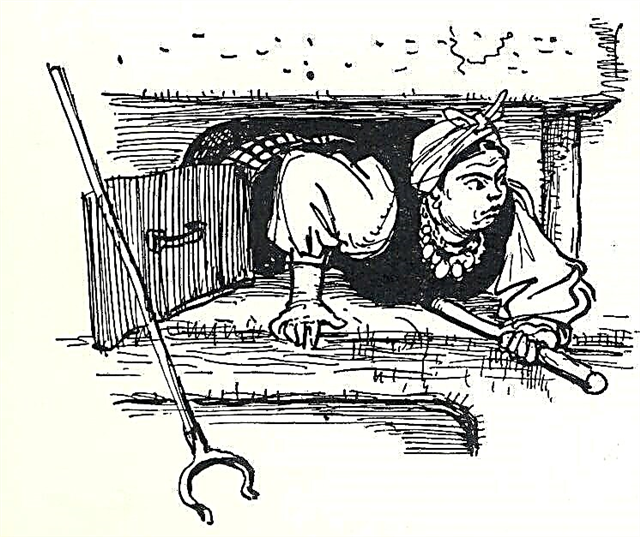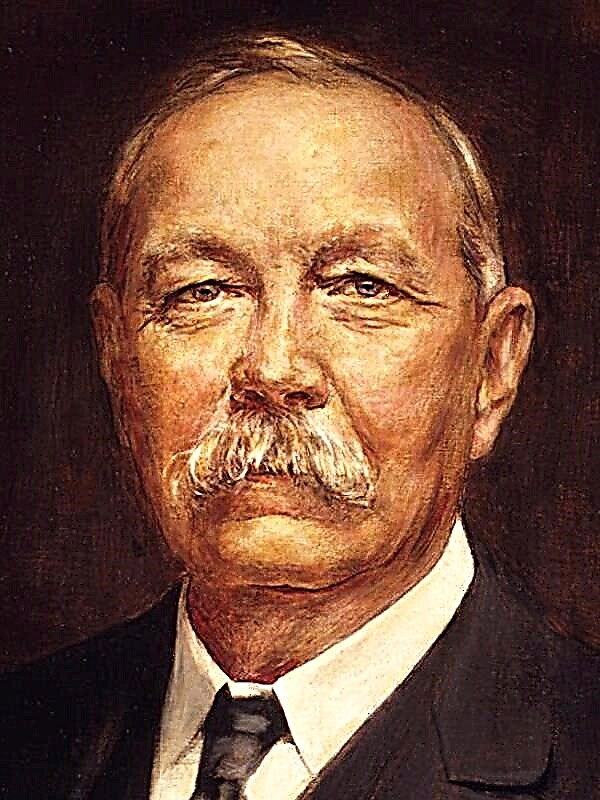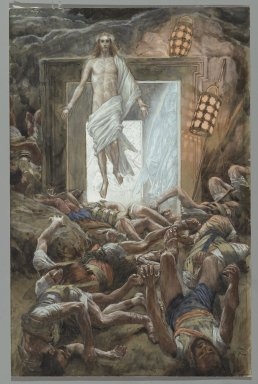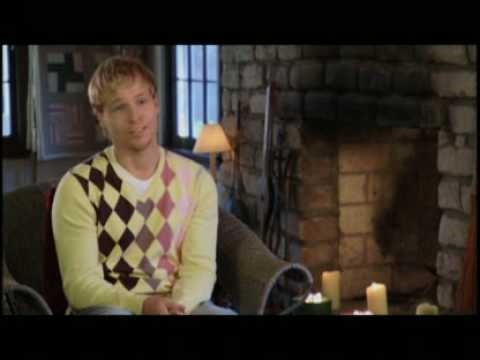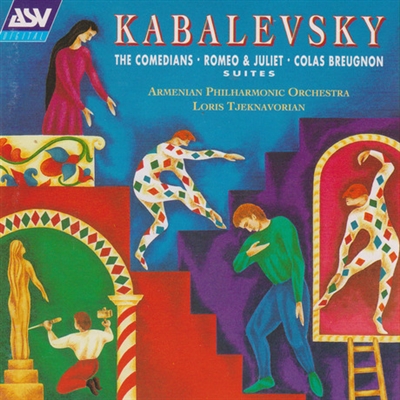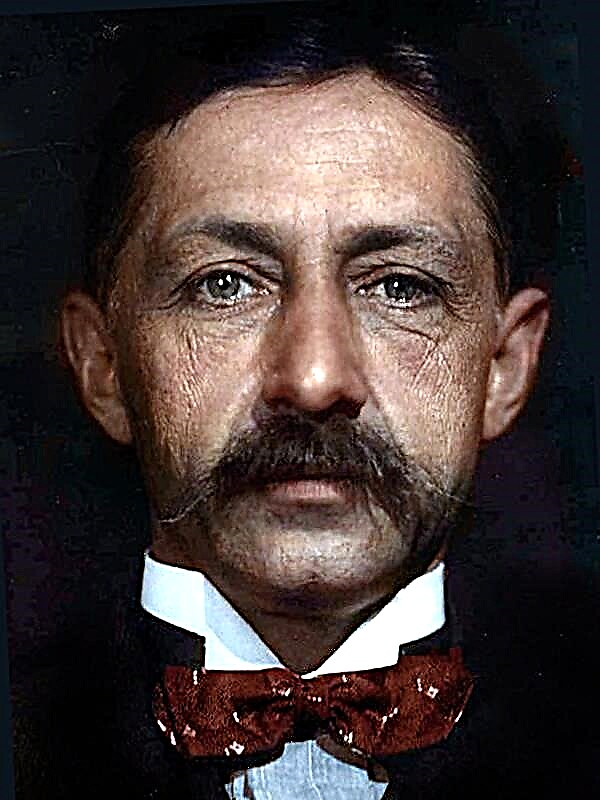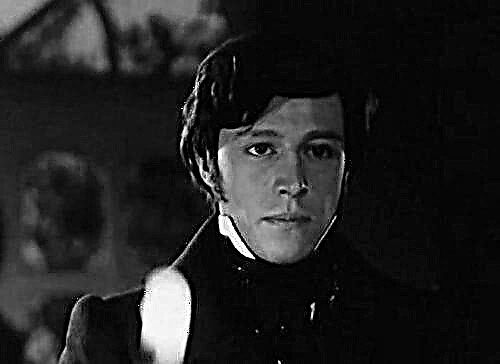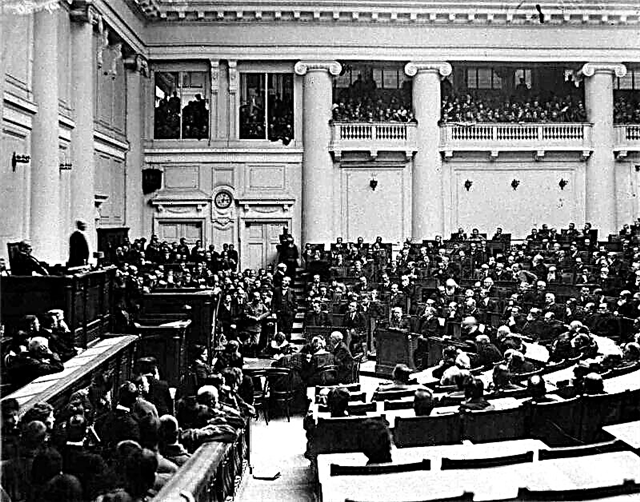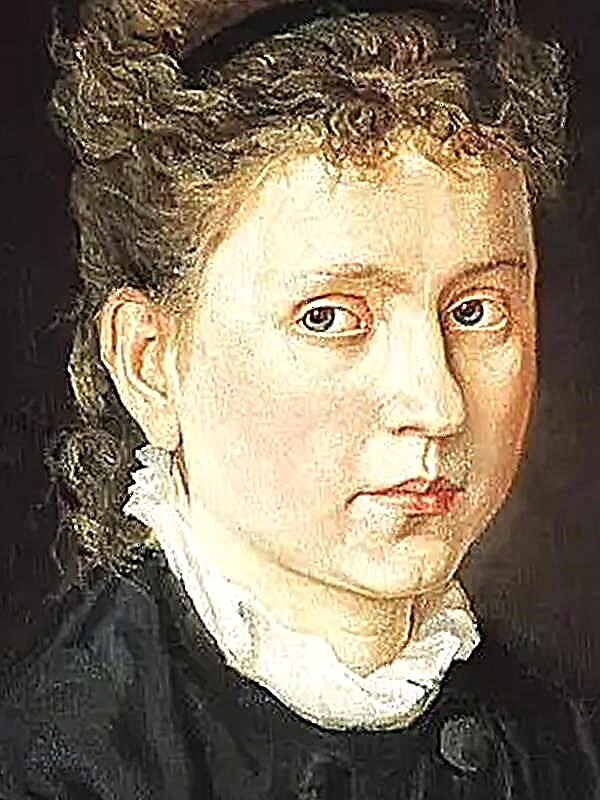(489 words) Fathers and children are two sides of the eternal confrontation. Each generation is different from the previous one, therefore, disagreements arise from time to time, again and again. These differences are due to the difference in eras, the difference in worldviews, and therefore they can be called natural. The debate between young people and the older generation has become the norm. That is why the problem of fathers and children is called "eternal". I will explain my thoughts on examples from Russian literature.
The conflict of fathers and children is described in his work by I. S. Turgenev. The novel "Fathers and Sons" begins with the arrival of Arkady and Eugene to visit his father and uncle Kirsanov. This event turns the peaceful and quiet life of the estate into a cycle of disputes, skirmishes and disagreements. Young people disagree with the elderly in everything: they don’t need art, and science is above all, and love is now empty romanticism. Representatives of the older generation are puzzled how this could happen that over the course of a decade, the worldview of youth has changed so dramatically. Nikolai Petrovich diligently delves into all the subtleties of the guest’s experiments and theories in order to better understand his son, and Pavel Petrovich declares war on his new views. Of course, the departure and death of Bazarov, the marriage of Arkady somehow reconcile the two warring camps, but the author allows us to speculate what awaits the second son of Nikolai Petrovich? He will also go to university, will also bring home new views of the world, even more radical than before. This is the eternal destiny of fathers and children: to bridge the historical gap and strive to understand each other.
Another example was described by V. G. Rasputin in the work “Farewell to Matera”. The author considered the problem of fathers and children, focusing on the peculiarities of the worldview of representatives of different generations. Daria, an elderly woman, is very conservative and confined to her place of residence. She is afraid of the city, afraid of changes in life. The heroine does not look forward, but backward, her gaze is directed to the past, where she remained a happy youth. Therefore, she perceives the demolition of the cemetery as a personal insult. She remembers many people who are now buried there. But her son Paul is distinguished by progressive thinking. He understands the need to build a power plant, and pragmatically takes into account all the advantages of urban life. His wife Sonia has the same opinion, she really likes the idea of moving. And Daria’s grandson also approves of him, because he wants to make a career on a large construction site. They all look to the future, evaluate prospects. Due to the difference in the direction of the gaze, the characters do not understand each other and will not be able to understand. These are the age characteristics of people: with the onset of old age, they increasingly dream of the past and less often observe the present. And they generally stop thinking about the future, as age takes its toll, and not long has left to live. These changes cannot be stopped in any way, therefore the conflict of fathers and children will be repeated every time.
Thus, the problem of fathers and children will always be relevant, because generations are different from each other, and these differences cannot be eradicated, since they are embedded in the depths of the psyche of people, as well as in the nature of time itself. Everything around is changing, acquiring new forms, only those who have not found a different order, who do not remember the past and are not tied to it by the bonds of memory can keep up with this process. In such circumstances, parents and children will always be on opposite sides of the barricades, so the problem of their confrontation is eternal.

